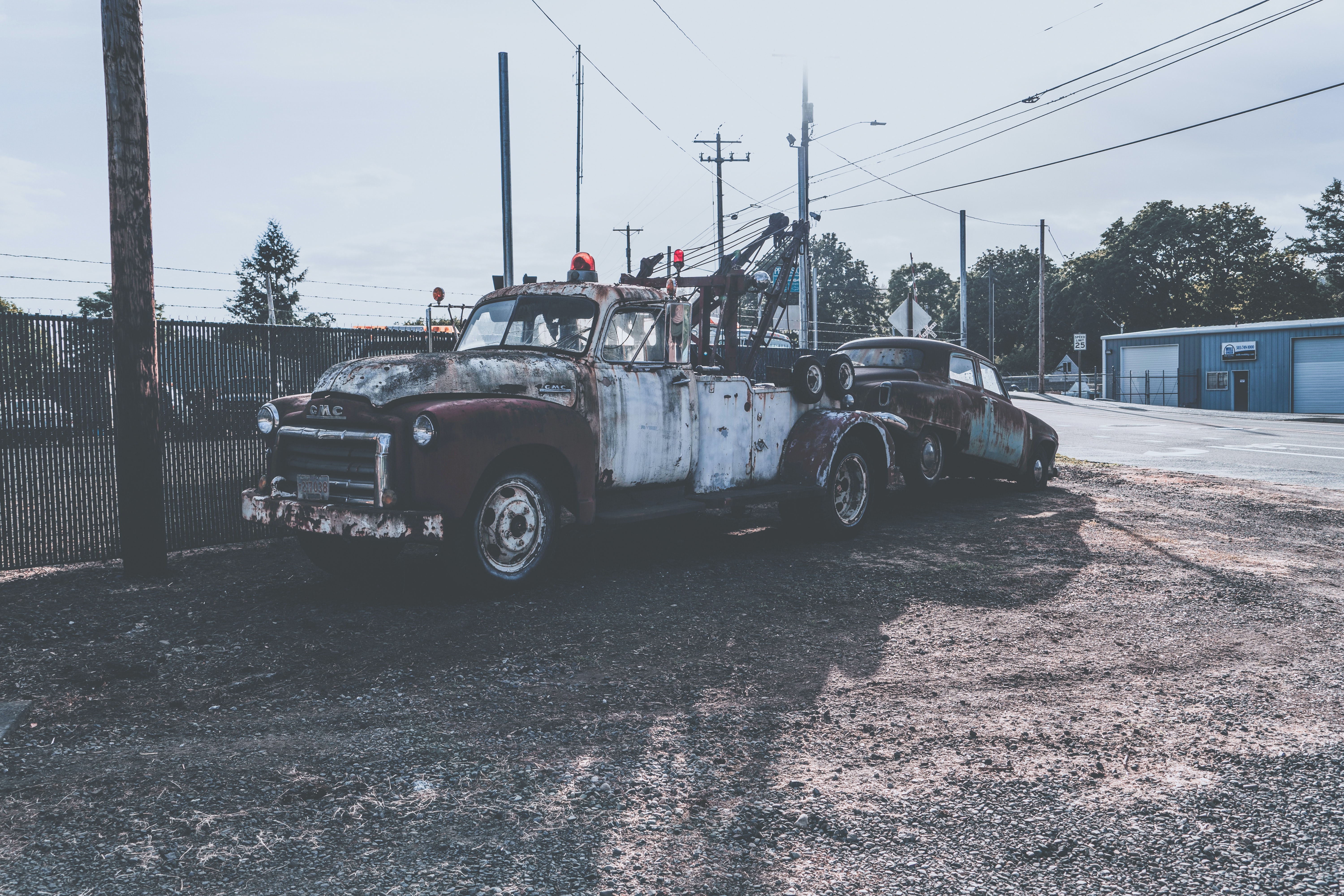
It’s a sobering thought, but like many aspects of personal financial agreements, the motor trade sector is not immune. The repossession industry plies a healthy trade in times of financial uncertainty when consumers are more likely to lease or finance their vehicles rather than purchase outright.
Unfortunately, when things go wrong, they set in motion a chain of events which can affect not only the vehicle owner, but the financing company, the debt collection agency, and a host of smaller creditors in the chain. But spare a thought for those who operate within the repossession industry. For them it’s strictly business but it brings with it levels of stress and responsibility that can only be alleviated and protected by strong repossession agent’s insurance coverage.
If you undertake repossessions, collections or bailiff work within the motor trade, repossession insurance is necessary to make sure you are protected whilst taking delivery and storage of repossessed vehicles or end of lease collection. Other options to your insurance can include public and employers’ liability and premises cover.
Why Do Companies Repossess?
Let’s look at the main reasons motor vehicles can be repossessed. If a vehicle is leased or financed, it isn’t officially ‘owned’ by the driver until the debt is paid. If it isn’t paid, then the car always remains the property of the lender who has the right to repossess the vehicle if the person falls behind on their payments or they break the loan agreement in any way. This includes driving without Insurance.
Repossession representatives and their agents are legally allowed to take back a car, but there are restrictions on how far they can go. For example, they are not allowed to clamp or tow a vehicle if it’s inside a locked garage, but they can clamp a car or tow it away if it’s parked in a driveway or car park – or even an unlocked garage.
Finding the Correct Insurance Coverage
Naturally repossession can be a business fraught with difficulties as car ‘ownership’ can stir a lot of emotions in people. Therefore, for those within this area of the motor trade it pays to have as much insurance protection as possible.
Whether you’re part-time, a one-man band or a large-scale fleet operation with employees and a variety of premises, you’ll need all the cover you can get in your repossession insurance policy. That’s why it’s worth speaking directly to your insurer to explore the multitude of options available. It is a complex area, which is why it is important to provide your insurance company with as much detail as possible including your location and the age and experience of your agents (if you’re running a repossession fleet), as these can all affect the various levels of insurance coverage.
The policy should cover the repossession portion of your operation, options for multiple drivers to tow or drive away vehicles, public and employers’ liability and buildings and contents insurance. It’s worthwhile also looking at cover for handling cash, business disruption and other motor trade activities such as buying, selling and storage of cars and vans of all shapes and sizes in yards or outbuildings. Make sure to also look at including extensions for secondary non motor trade occupations such as clamping.
And if you are responsible for moving vehicles from one destination to the other, however short the distance may be, you will still require cover. A car jockey insurance policy is suitable for transferring cars and vans to storage facilities.
A recovery truck can be insured individually, or it can be covered under a motor trade insurance policy. This type of policy covers the vehicle under its own road risk, or it can be covered under a combined motor trade insurance policy, which includes the vehicles and also the liability, property and additional personal and business vehicles.